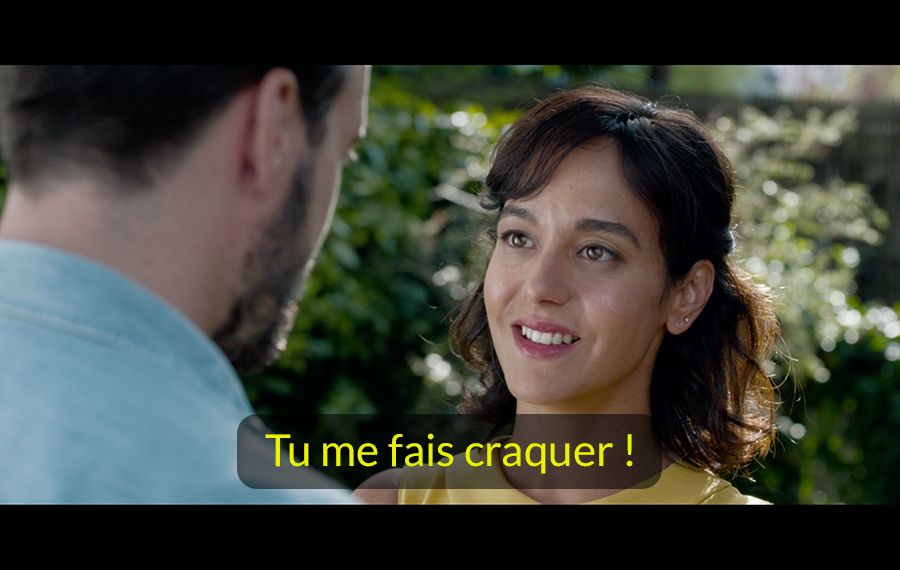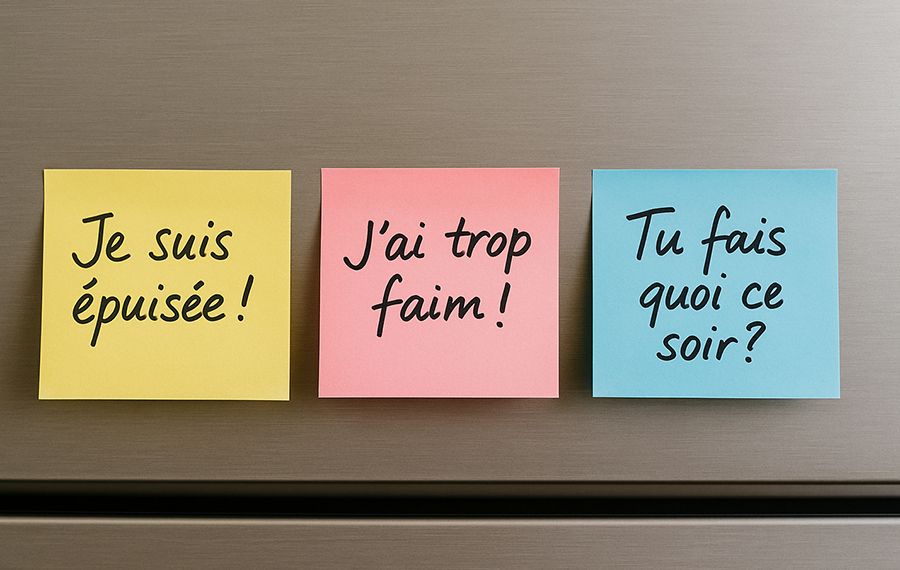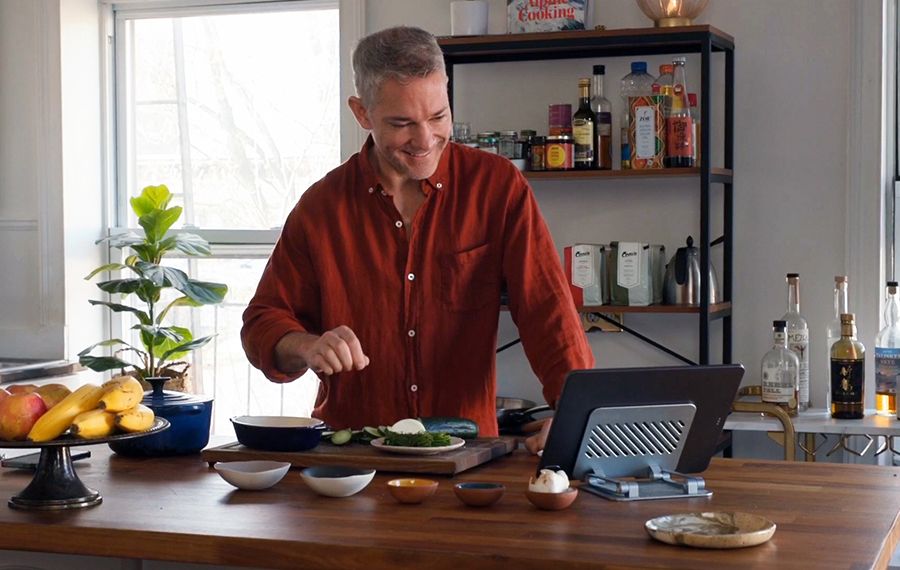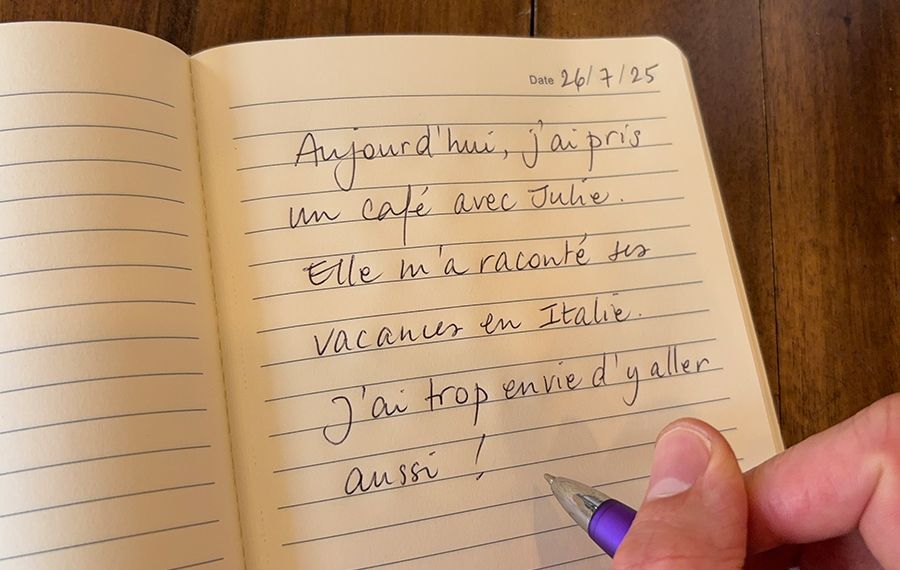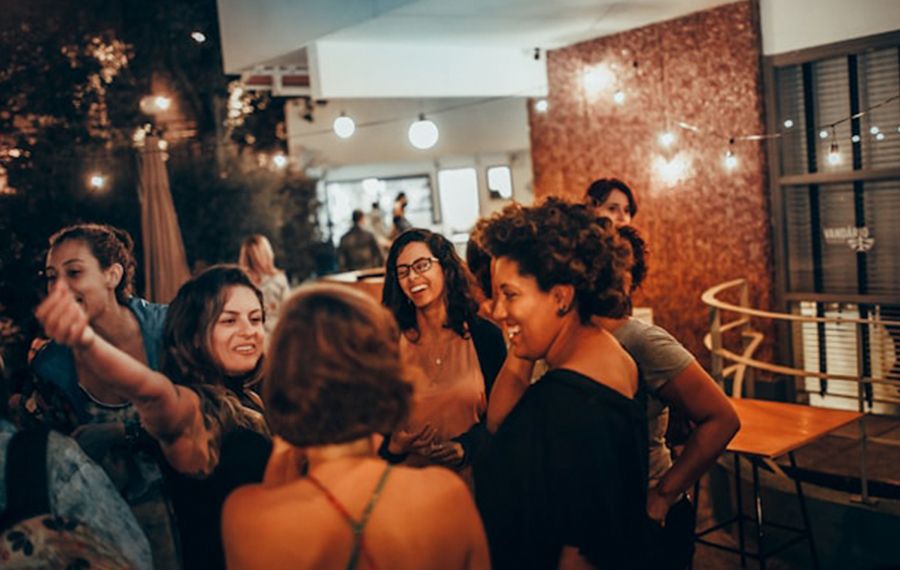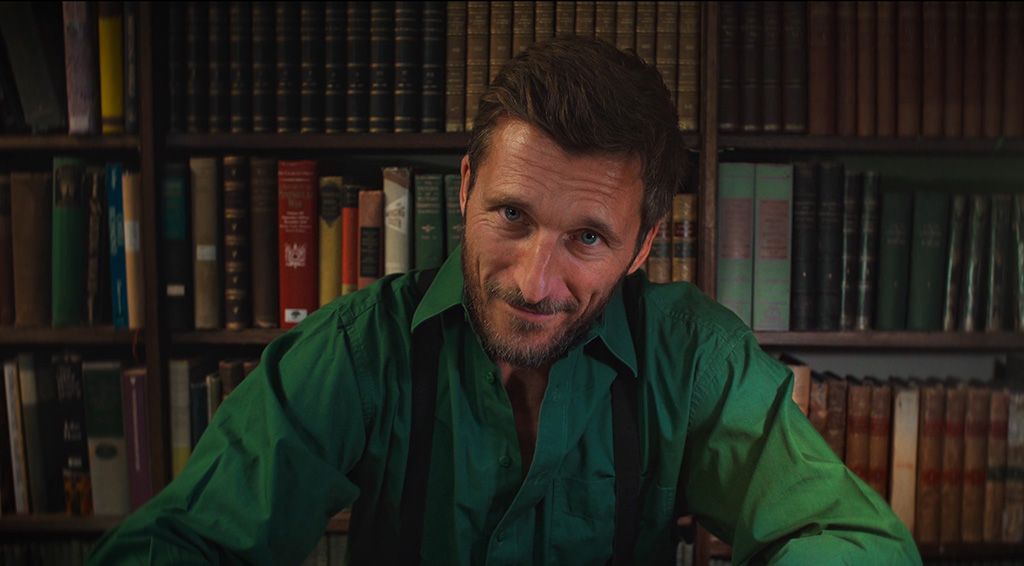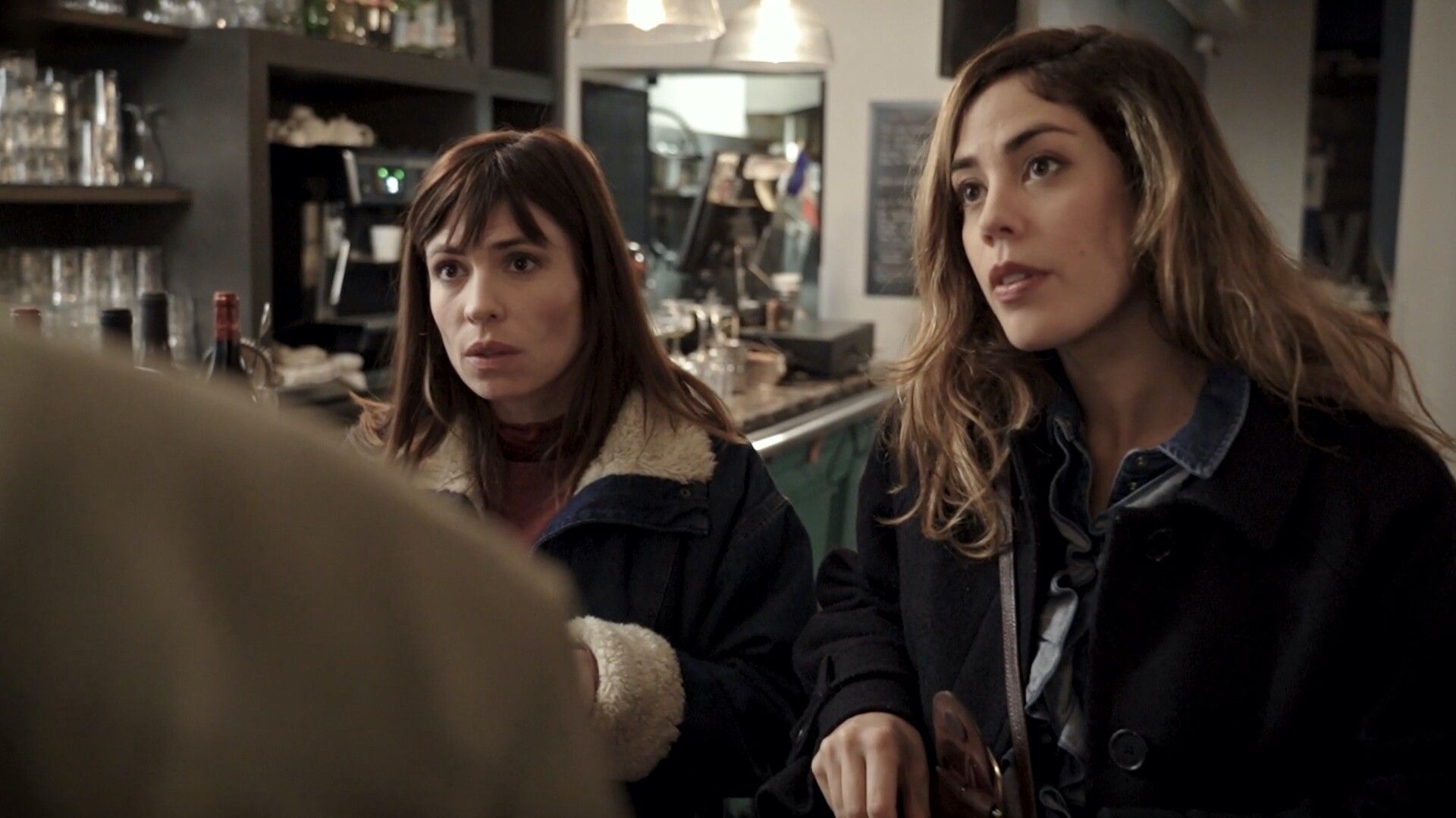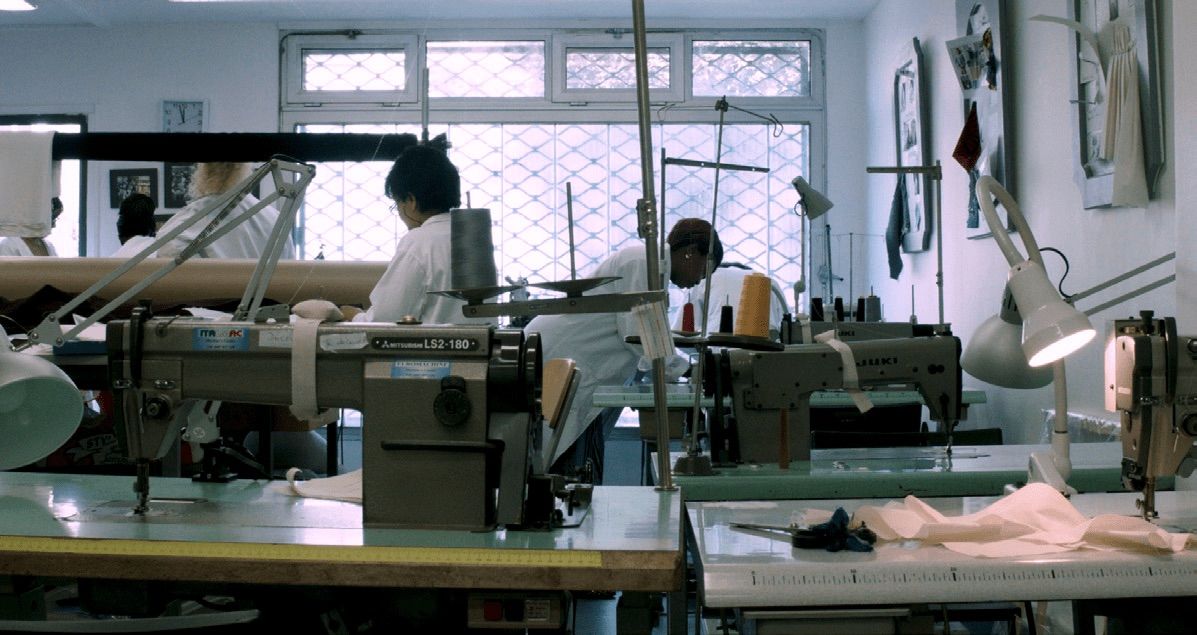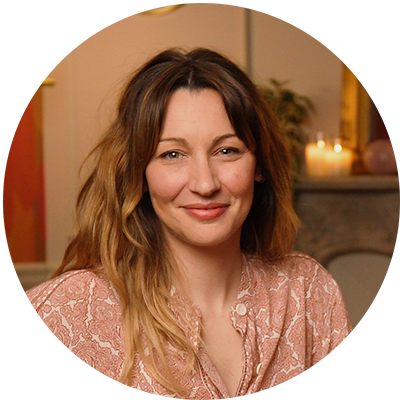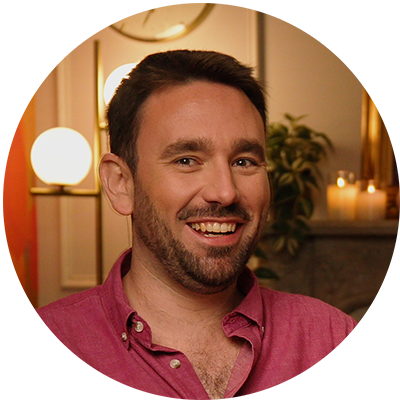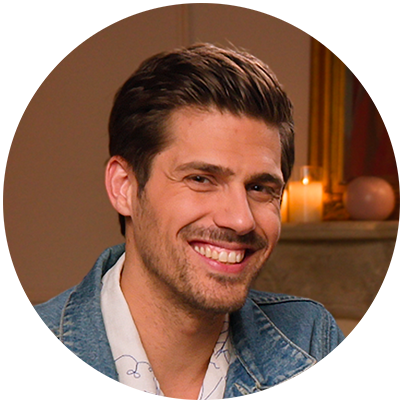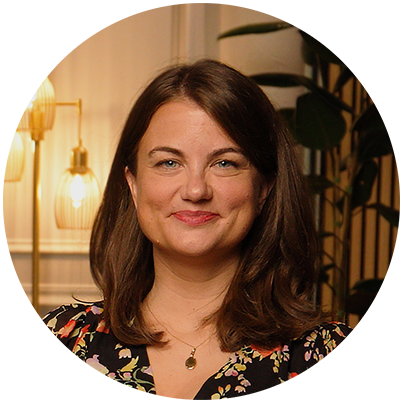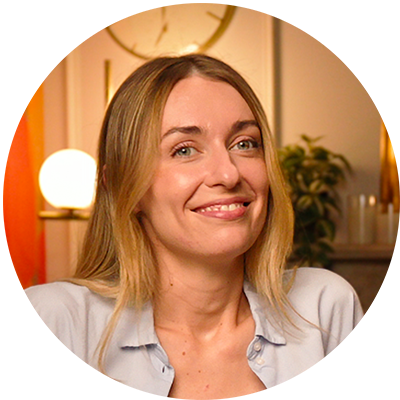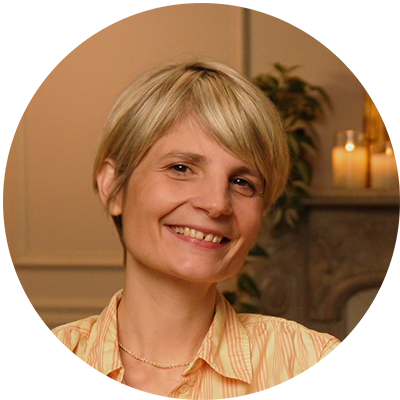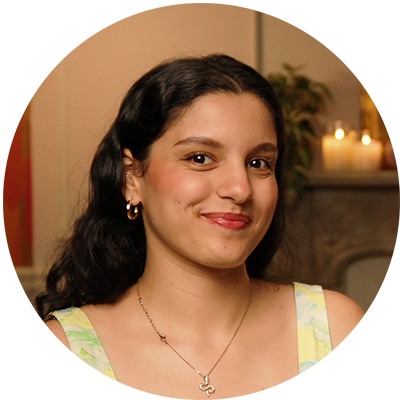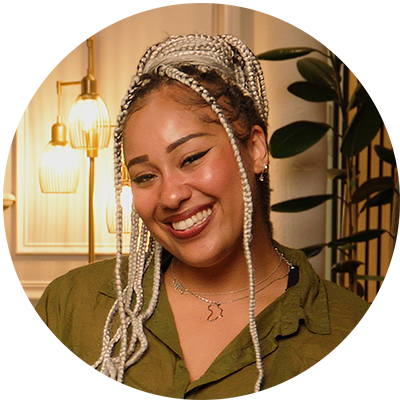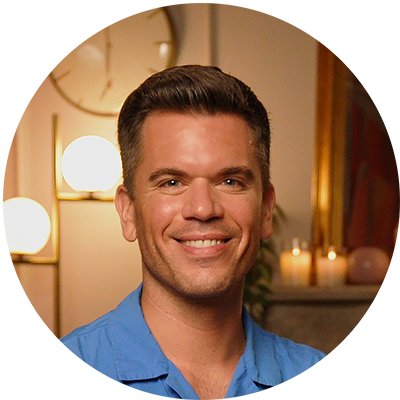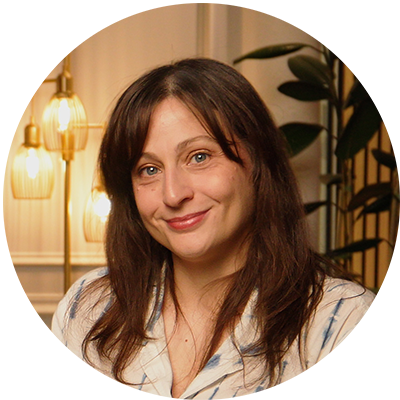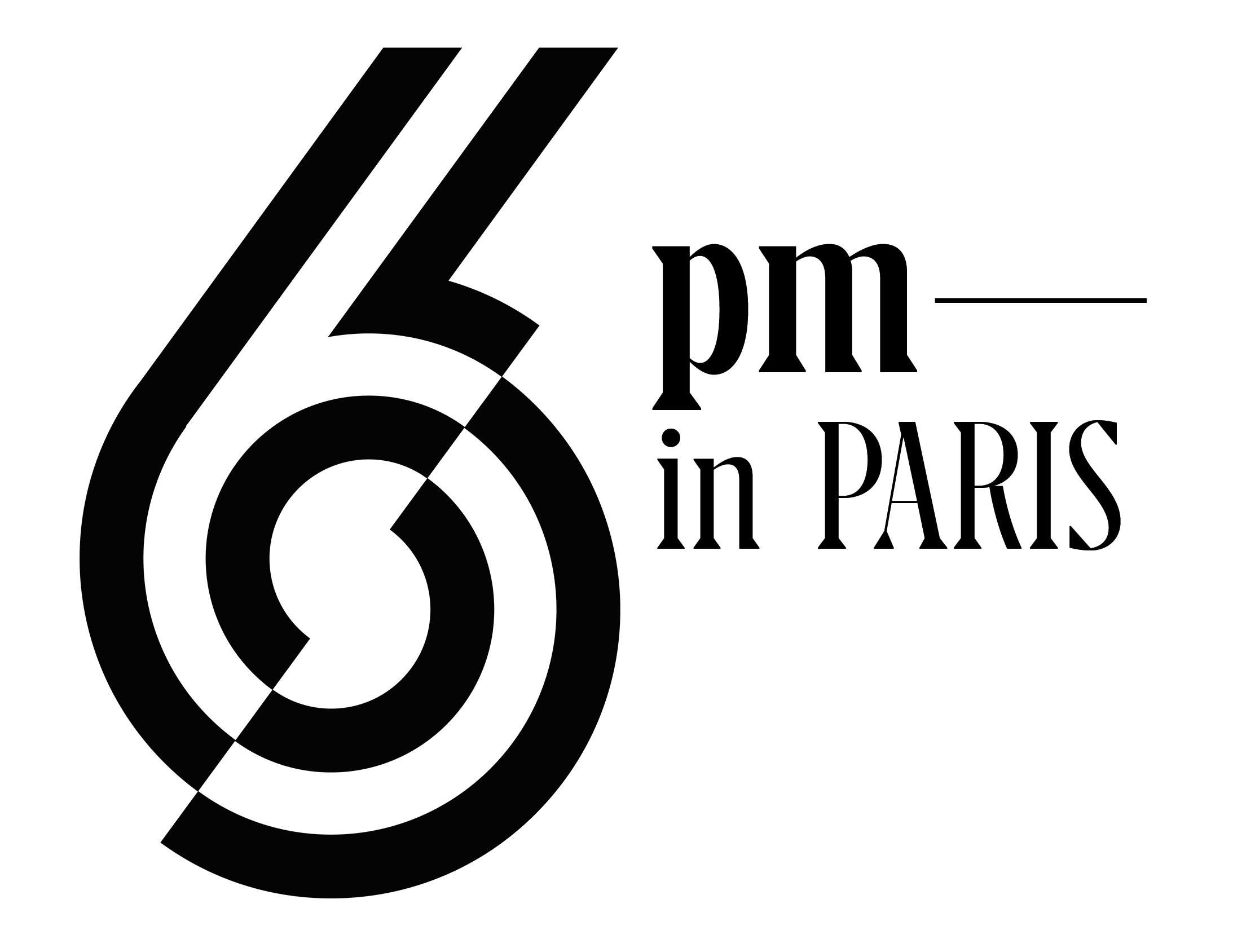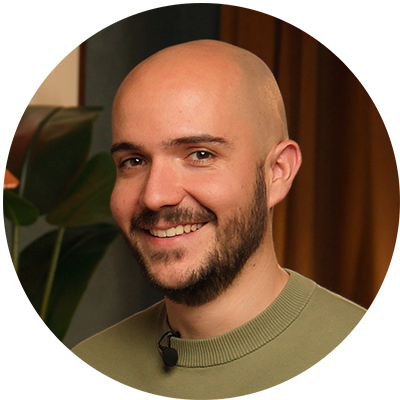There’s no shortage of advice when it comes to learning a language, but some of the most common beliefs can quietly hold us back. We internalize ideas about fluency, perfection, and performance without questioning where they come from or whether they’re actually helping us grow.
At 6pm in Paris and
Coucou French Classes (our sister company), we believe language learning isn’t about becoming flawless.
It’s about becoming curious, connected, and more yourself in another tongue.Here are 8 misconceptions that might be shaping your journey without you even realizing it, and how a small shift in mindset can open up a whole new way of learning.
Speaking is important, but it’s not the full picture. Being able to understand French speakers (especially in real life, with slang, background noise, and speed!) is equally—if not more—important. Listening comprehension takes longer to build, but it’s the true test of fluency.
MINDSET SHIFT
Treat listening like a muscle. It needs regular, low-pressure exposure to grow stronger. Even if you don’t catch everything, your brain is learning.
TRY THIS
Watch French films or TV shows with French subtitles, not English. Let your ears and eyes work together. Don’t worry about understanding every word. Focus on the vibe, the rhythm, the emotion.
Having an accent isn’t a flaw. It’s proof that you’re doing something courageous: communicating in a new language. As long as you’re clear, you’re winning. (Besides, everyone has an accent. Even Parisians.)
MINDSET SHIFT
Forget “sounding French.” Focus on being understood. Clarity and confidence matter way more than sounding native.
TRY THIS
Record yourself reading something out loud in French, then listen back and focus on what’s working. What sounds clear? What can you refine? Think of it like adjusting an instrument, not fixing a mistake.
Nope! Everyday French is messy, idiomatic, playful, and totally worth embracing early. If you wait until you're “ready” to tackle spoken French, you’ll miss the real language in action.
MINDSET SHIFT
Start listening to casual French early, even if you don’t catch much at first. Immersion doesn’t mean understanding everything. It means being exposed often enough that your brain starts to absorb.
TRY THIS
Watch one scene of a French film twice, first with subtitles, then without. Focus on tone, pauses, attitude. It’s like learning to read body language… in a different tongue.
Actually, the goal isn’t to translate, it’s to think in French. Translating in your head slows you down and builds a wall between you and the language. The magic happens when French starts to feel instinctive.
MINDSET SHIFT
Instead of decoding everything, start building intuitive reactions. That’s how kids learn, and it's still the most natural way.
TRY THIS
Pick a few everyday phrases you say often (“I’m tired,” “I’m so hungry,” “What are you doing tonight?”) and only say them in French for a week. The goal is to build reflexes, not translations.
Grammar gets a bad rap, but it’s not about rules, it’s about structure. If vocabulary is your wardrobe, grammar is knowing how to get dressed. Without it, you’re stuck repeating phrases you’ve memorized.
MINDSET SHIFT
Think of grammar as a superpower. The more you understand the patterns, the more freely you can express yourself.
TRY THIS
Instead of drilling conjugation tables, notice grammar in context. What verb tense are they using in a movie scene? What structure repeats? Curiosity is more effective than memorization.
“Demain même heure” France, 2024. Available on 6pm in Paris.
Learning a language isn’t something you do outside your life. It’s something you weave into it. You don’t need hours a day. You just need to stay connected.
MINDSET SHIFT
Make French part of your lifestyle, not your to-do list. Your brain loves habits and rewards.
TRY THIS
Attach one French habit to something you already do. Listen to a French podcast while cooking. Watch 10 minutes of a show while drinking your coffee. No pressure, just presence.
Fluency isn’t a finish line you cross. It's a continuum. Some seasons you'll make huge strides, others you’ll plateau. What matters is not how fast you learn, but how deeply you engage with the language over time.
MINDSET SHIFT
Stop measuring progress by speed. Instead, track consistency and connection. Did you listen to a podcast this week? Read a recipe in French? Laugh at a meme? That’s fluency-in-the-making.
TRY THIS
Keep a language log for a week. Write down every little thing you do in French—even the 5-minute ones. You’ll be surprised how much it adds up.
It’s not. Learning French isn’t just about mastering grammar, expanding vocabulary, or even reaching “fluency.” The real goal is human. It’s about understanding people, culture, nuance, humor, history. Language is the tool—not the destination.
MINDSET SHIFT
Shift your focus from performance to connection. Ask yourself not “How fluent am I?” but “What have I discovered? Who can I understand better today?”
TRY THIS
Instead of setting a goal like “learn 20 new words this week,” try “have a meaningful exchange in French,” whether it’s a conversation or a moment of understanding in a film. Chase connection, not perfection.
You’re not just learning a language, you’re learning to see the world through new eyes. Whether you’re in a Coucou class or exploring 6pm in Paris, this journey isn’t about reaching some abstract level of fluency. It’s about joy, understanding, and human connection.
Keep showing up. Keep listening. Keep loving the language.
You’re doing better than you think!
TRY IMMERSIVE LEARNING WITH
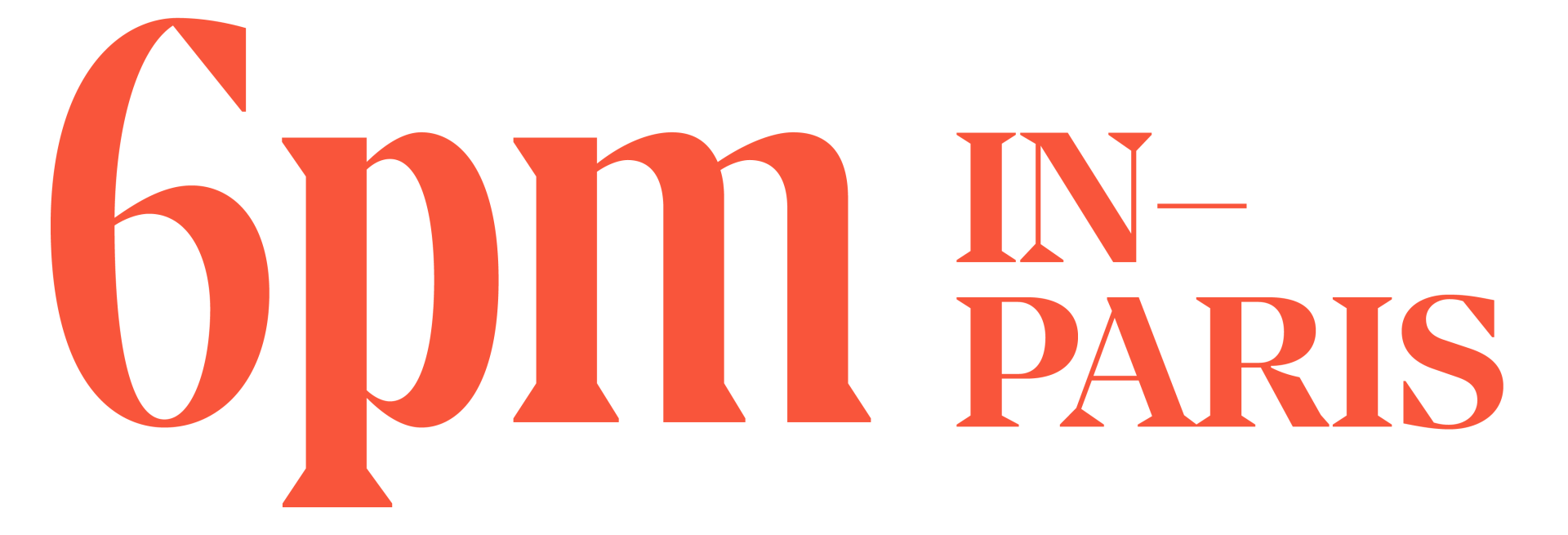
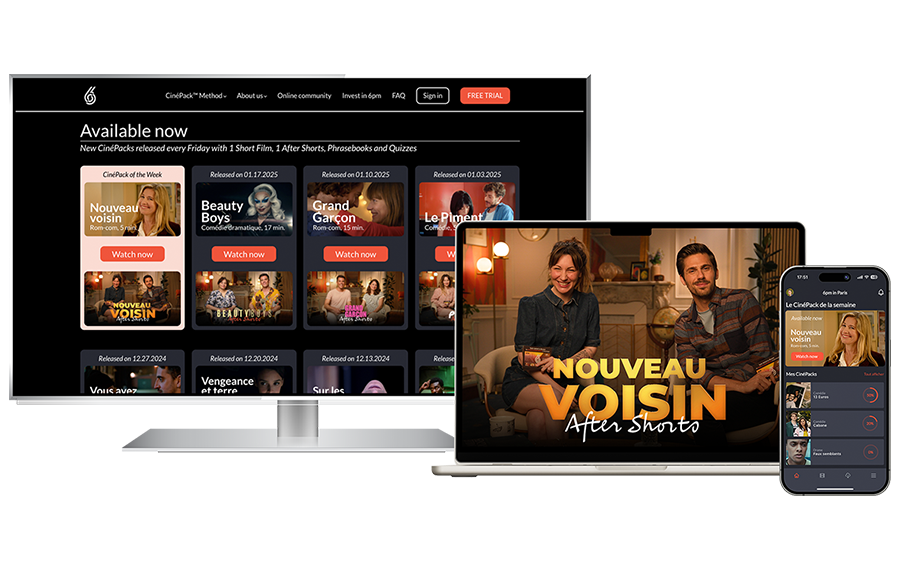
Watch French short films with dual subtitles, vocabulary breakdowns, and cultural context—so real French finally clicks.
WANT TO JOIN A CLASS INSTEAD?

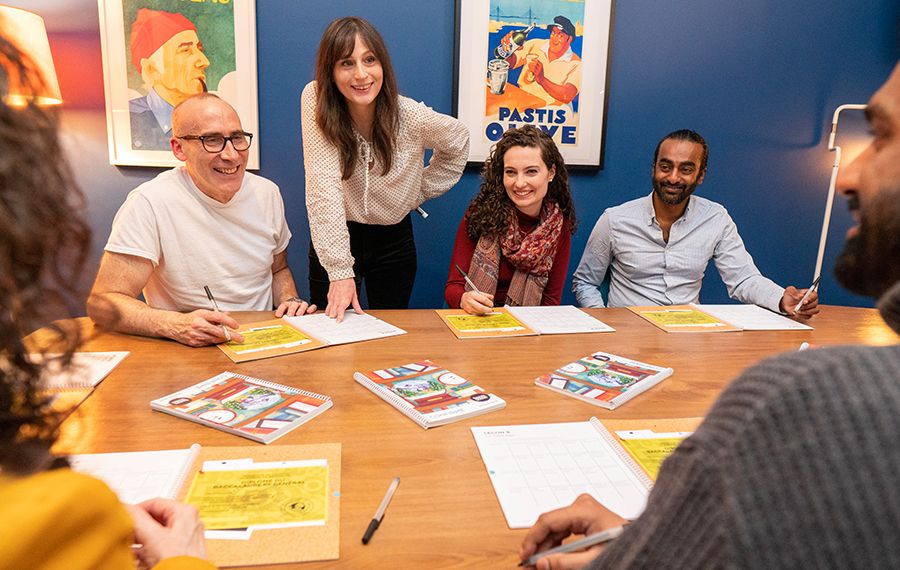
In-person in NYC & LA or online from anywhere. Small groups, real community, great teachers.
